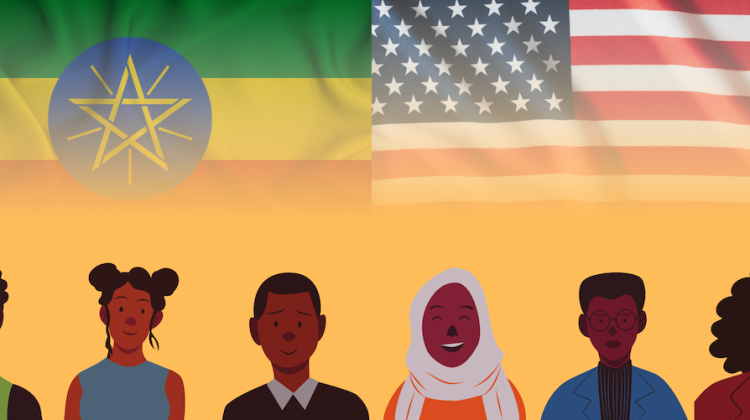RealTalk for East Africans in Florida

The RealTalk for East Africans in Florida project aimed to understand the concerns and challenges faced by East African immigrants and children of immigrants living in South Florida. More specifically, the project focused on the current community as well as what could be done to improve the lives of the next generation of East African Americans. Because of difficulties in locating participants, most of the individuals involved are of Ethiopian descent meaning the insights found predominantly reflect the experiences of this specific demographic.
The study used small group conversations, lasting 45 minutes to 2 hours, focusing on topics like family, growing up as immigrants, discrimination, cultural identity, and raising kids in the U.S. versus in Africa. From this, a report was produced, exploring themes of "Community," "Maintaining Culture," "Discrimination," "Belonging," and "Call to Action." Though the focus is on the South Florida Ethiopian community, the findings could be relevant to the broader East African community in the U.S. By sharing this information with East African community leaders, we hope they can identify concerns that resonate with their community and implement the suggested changes to address these concerns.
Led by Sarah Habona with support from Patricia Michelle Garcia Iruegas and Melissa Jimenez Camejo and in collaboration with Bego Adragot East African Communities.


